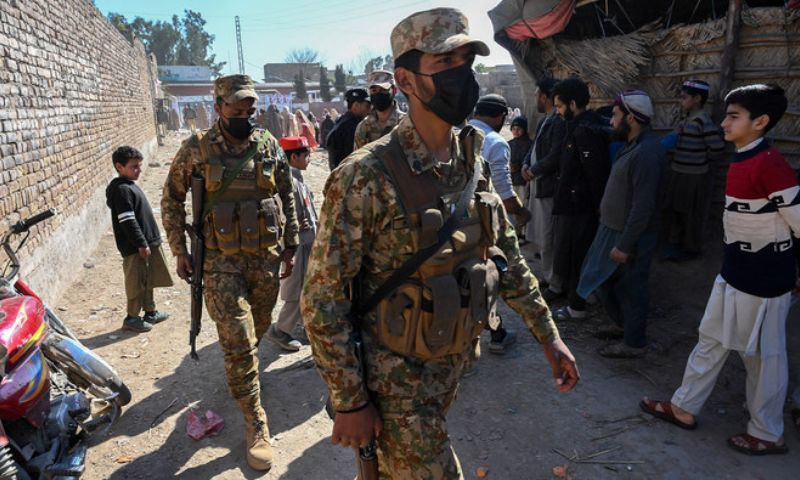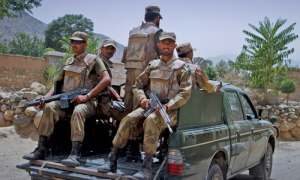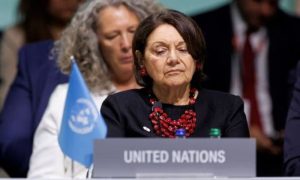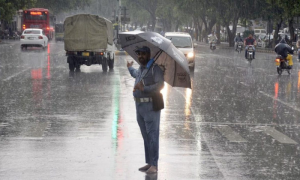ISLAMABAD: Security experts in Pakistan have urged the government to build political consensus for a new anti-terrorism operation, stressing the need for “national unity and diplomatic efforts” to ensure the success of the proposed measures.
The South Asian state’s top national security forum recently announced “Operation Azm-e-Istehkam” (Resolve for Stability) after a meeting of senior military leaders and top government officials from all provinces. However, several opposition parties have rejected the operation, accusing the government of not consulting the opposition or parliament before announcing the measures.
Commenting over the development prominent security analyst Syed Muhammad Ali described Azm-e-Istehkam as a “more comprehensive” counter-terrorism plan than previous ones. He said that this operation will involve intelligence, counter-terrorism operations, and efforts to be made to reduce the psychological and social space for terrorism in the country.
According to the South Asia Terrorism Portal, Pakistan has seen over 300 terrorism-related deaths this year, with dozens of security personnel killed in militant attacks and counterterrorism operations. Previously, Pakistan conducted major military operations such as Rah-e-Haq, Zarb-e-Azb, and Rad-ul-Fasad.
Prime Minister Shehbaz Sharif and Defence Minister Khawaja Asif clarified that the government was not planning a “large-scale armed operation” against militancy but intended to intensify ongoing intelligence-based operations. They emphasized the need to build consensus before starting the new campaign, amid daily attacks on security personnel and pressure from China to protect its nationals working in Pakistan.
Former defence secretary Lt Gen Naeem Khalid Lodhi advised the government to engage with political parties expressing reservations and suggested a “small-scale” operation rather than a military campaign. He stressed that addressing extremism required complete political support, national unity, and diplomatic efforts.
KP Chief Minister Ali Amin Gandapur also urged the government to take concerned stakeholders and parliament into confidence, emphasizing that public support was essential for eliminating terrorism.
Prime Minister Sharif called the new operation a “multi-domain, multi-agency, whole-of-system national vision for enduring stability in Pakistan.”
Brig (Retd) Masud Ahmed Khan highlighted the need to protect Chinese nationals working in Pakistan, pointing to recent attacks on Chinese engineers. He emphasized that the new operation would differ from previous ones by addressing both terrorism and extremism, and protecting minorities from religious violence.
Journalist Sumera Khan noted the timing of the operation, stating that the state had already tried measures like expelling illegal Afghans and cracking down on criminals to control terrorism. She emphasized that this operation would be implemented across Pakistan, involving all organs of the state.
Former diplomat Rustam Shah Mohmand, however, expressed scepticism about the operation’s potential success, citing the failure of previous military operations to restore peace in tribal areas. He suggested that the government should focus on strengthening institutions, improving coordination between departments, and increasing intelligence sharing instead of pursuing blanket operations. He also stressed the need for better coordination between provinces and the central government.























